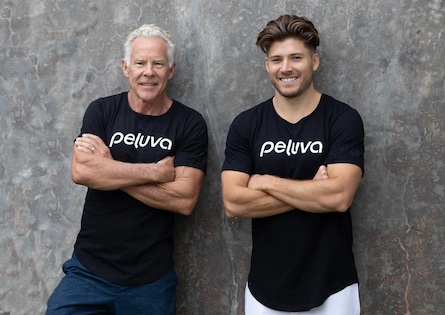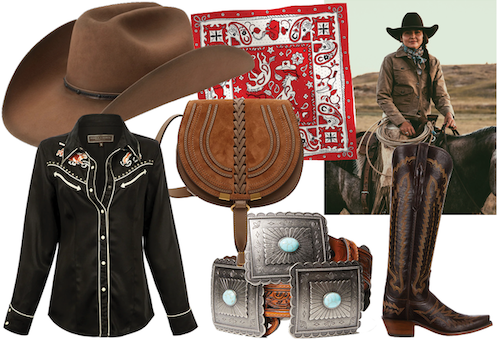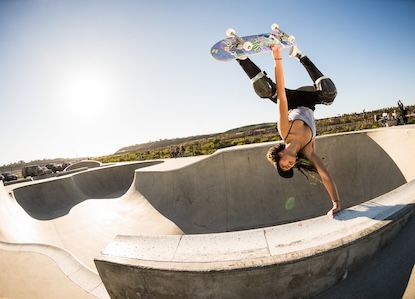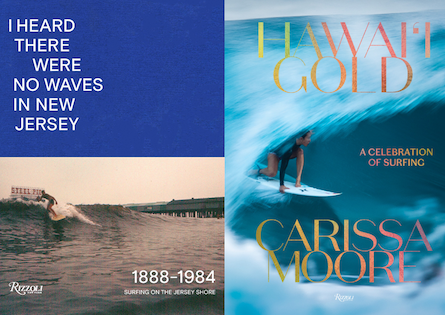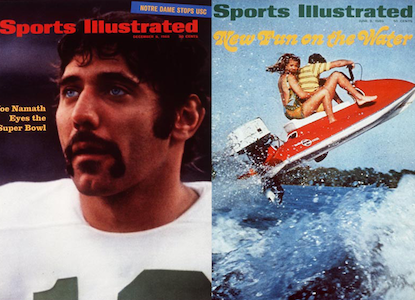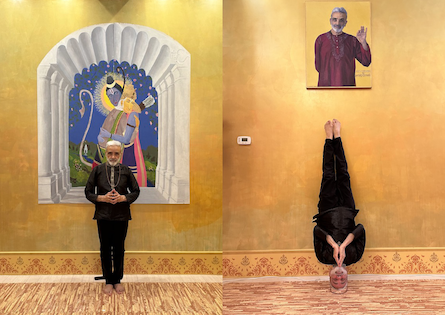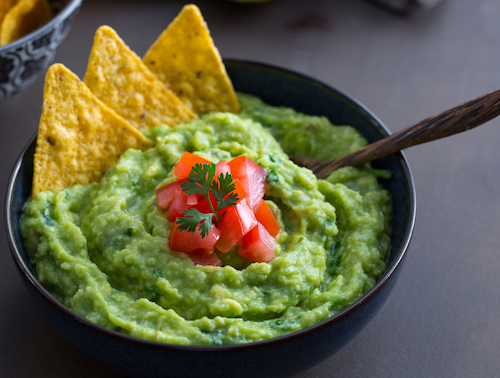Let us add our voice to the chorus of celebrants singing the praises of Willie Mays, a baseball player as transcendent in his sport as Muhammad Ali, Michael Jordan, Pele, Tiger Woods, Tom Brady, and Wayne Gretzky are to theirs. The Say Hey Kid was a quintuple threat, who could hit for power and for average, steal bases, had a cannon-like throwing arm, and won 12 Gold Gloves playing center field. His prowess can be measured quantitatively in his legendary career statistics, including playing in a record 24 All-Star games, as well as qualitatively, with his charismatic on-field exuberance and famous plays like “The Catch.” (Watch the video, it’s amazing.)
While his signature skills as a ballplayer are the stuff of legend, for us the significance of Willie Mays is his embodiment of a different era in American sports, the memory of which grows fainter with time. Back then, the barriers between sports superstars and sports fans were much narrower. Our heroes were human and relatable, lived in our neighborhoods, and had jobs in the offseason. Mays often played stickball with kids in the city. It is a time that lives in our collective memories in black and white pictures and news reels.
Mays was not only the oldest living Hall of Famer when he died at 93, but also one of the few remaining veterans of the Negro Leagues. Starting his baseball career with the Birmingham Black Barons in 1948, Mays was one of the first wave of Blacks to integrate Major League baseball when he debuted with the New York Giants in 1951, four years after Jackie Robinson broke the color line with the Brooklyn Dodgers.
“THE CATCH”
Mays arrived on the scene at a perfect time to become one of the biggest stars in this golden era for baseball: With three teams and multiple daily newspapers the Big Apple was the center of the sports universe, the other pro sports leagues were still in their infancy, and TV was just starting to come into its own as a medium for bringing sports heroes to the wider public. Willie Mays was the man among men playing America’s pastime in sports’ biggest city during our country’s postwar peak.
Mays helped usher in pro ball on the West Coast when the Giants followed the Dodgers to the money and space afforded by California, and finished his career as a New York Met in 1973. Even with his fame, Mays suffered all of the indignities of a Black man during the Jim Crow era. Major League Baseball is now doing what it can to make reparations to the Black athletes who were barred from playing. The organization recently announced that it would include the stats of the Negro Leagues in the Major League record books (as a result 10 hits were added to Mays’ career total, bringing it to 3,293).
And just last week Major League Baseball staged its first-ever game at Rickwood Field in Birmingham, the former home of the Black Barons and the site of the 1948 Negro League World Series. Major League great Reggie Jackson gave an interview during the game that has since gone viral, in which he described the horrors faced by a Black man playing in the Majors in the 60s and 70s. Watch this video, too, because Jackson’s poignant testimony only serves to highlight the obstacles that Mays—and Jackie Robinson, Roy Campanella, Larry Doby, Hank Aaron, Satchel Paige, Ernie Banks, Monte Irvin, Elston Howard, Don Newcombe, and so many others—had to overcome in his ascent to the top.
When asked about being named to the Hall of Fame, Mays said “I feel nobody in the world could do what I could do on a baseball field.” But even if someone like that came along, there will never be another Willie Mays.

